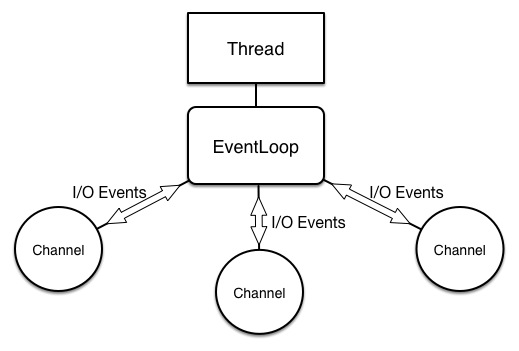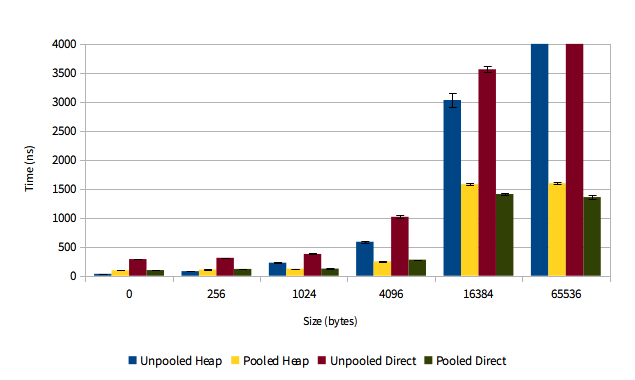Transform received ByteBuf to String
public class StringDecoder extends MessageToMessageDecoder<ByteBuf> {
@Override
protected void decode(ChannelHandlerContext ctx, ByteBuf msg, List<Object> out) {
out.add(msg.toString(charset));
}
}
Transform to be send String to ByteBuf
public class StringEncoder extends MessageToMessageEncoder<String> {
@Override
protected void encode(ChannelHandlerContext ctx, String msg, List<Object> out) {
if (msg.length() == 0) return;
out.add(ByteBufUtil.encodeString(ctx.alloc(), CharBuffer.wrap(msg), charset));
}
}


















